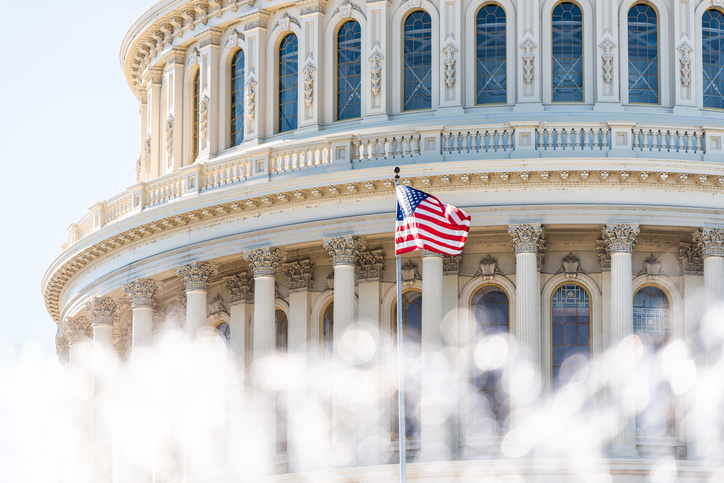For Mark Roberts’ Use: At the end of May, the House of Representatives overwhelmingly approved the Secure Act (with a vote of 417-3) and sent the bill over to the Senate. If the bill is successful, it will become the first major overhaul to retirement planning since 2006. So, what could the Secure Act mean for you?
Those who work for small businesses might gain access to a 401(k). It’s no secret that the benefits of a 401(k) have mostly been enjoyed by those who work for larger employers. If the Secure Act is passed and signed into law, small businesses will be offered tax incentives to help them establish 401(k) plans for their employees.
Part-time employees could gain access to a 401(k). A similar bill in the Senate allows for part-time employers to access their company’s 401(k) plan after working 500 hours for two consecutive years. This plan might pass, or the Secure Act could be modified to include such a provision.
You could save for retirement while paying down student loans. Designed to encourage young people to save for retirement, this provision allows employers to make matching contributions to worker 401(k) funds, equal to the amount of their student loan payments.
You could contribute to your IRA longer (and delay required minimum distributions). Currently, you can only contribute to an IRA until age 70 ½, and must begin your required minimum distributions by that age. The Secure Act would lift that age limit to 72.
With American workers facing numerous challenges with regard to retirement planning, the bipartisan support for the Secure Act is encouraging. However, the bill does not address weaknesses within the Social Security system, nor the problems faced by multi-employer pensions. We still recommend that you pursue regular meetings with a financial planner, and continue to save as much as possible each year. Give us a call and we’ll schedule a meeting to review your retirement plan.

